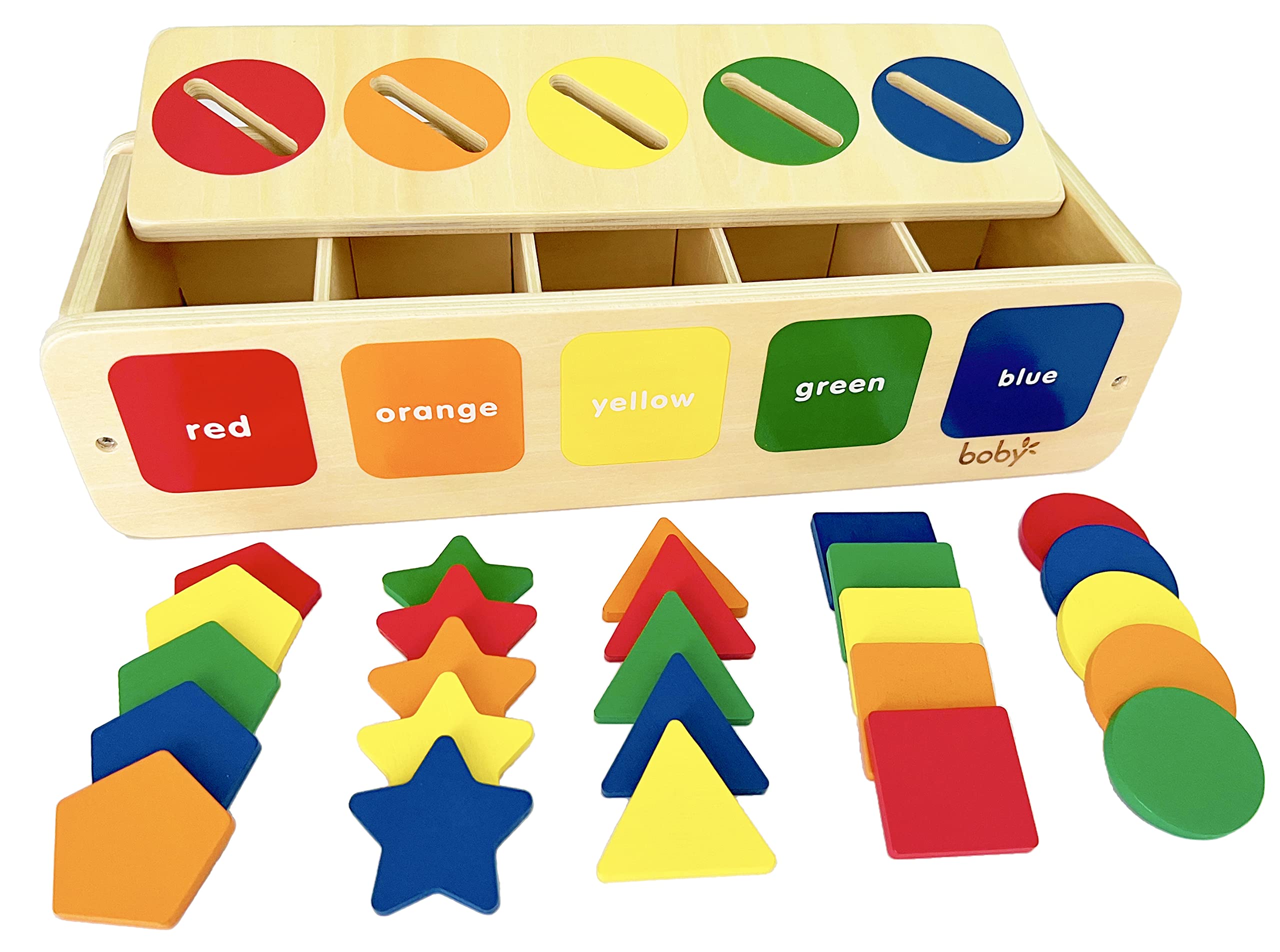Play is an essential aspect of a child’s development, and when it comes to babies, it becomes even more crucial. As they begin to explore the world around them, engaging in play becomes a gateway to learning and growth. Montessori toys have gained popularity in recent years for their focus on child-centered learning and hands-on experiences. In this article, we will delve into the power of play and explore the numerous benefits of Montessori toys for babies.
Montessori toys are designed based on the educational philosophy of Maria Montessori, an Italian physician and educator. They are carefully crafted to promote active learning, independence, and the development of essential skills. Let’s take a closer look at the benefits of these toys for babies.

- Stimulating Sensory Exploration: Montessori toys often incorporate various textures, shapes, and colors, providing babies with rich sensory experiences. The use of natural materials, such as wood or fabric, allows babies to explore different tactile sensations, stimulating their senses and enhancing their cognitive development. Sensory play not only engages babies’ curiosity but also supports the development of neural connections in their brains.
- Fostering Independence: Montessori toys are designed to encourage babies to explore and interact with their environment independently. They are carefully crafted to be age-appropriate, allowing babies to manipulate and engage with the toys on their own. This promotes self-discovery, problem-solving skills, and a sense of accomplishment as babies learn to navigate and interact with their surroundings.
- Developing Fine Motor Skills: Montessori toys often feature activities that require precise hand movements, such as grasping, stacking, or sorting objects. These activities help babies refine their fine motor skills, which are crucial for later tasks like writing and self-care. For example, toys like stacking rings or shape sorters require babies to practice hand-eye coordination and dexterity, strengthening their hand muscles and improving their hand-eye coordination.
- Encouraging Concentration and Focus: Montessori toys are designed to capture babies’ attention and engage them for extended periods. The simplicity and beauty of these toys draw babies in, allowing them to concentrate and focus on the task at hand. This ability to engage in focused play builds the foundation for longer attention spans, concentration skills, and the ability to engage in independent learning later on.
- Promoting Cognitive Development: Montessori toys often incorporate educational elements that stimulate cognitive development. For instance, object permanence boxes teach babies about cause and effect and the concept that objects exist even when they are out of sight. This promotes cognitive skills like logical thinking and problem-solving. Similarly, toys that involve matching, sorting, or nesting activities enhance babies’ ability to categorize, recognize patterns, and develop their cognitive abilities.
- Nurturing Language and Communication Skills: Many Montessori toys have language components, such as books, puzzles, or toys that produce sounds or words. These toys help babies develop early language skills, expand their vocabulary, and learn about sounds and speech patterns. As babies interact with these toys, they begin to associate words with objects, laying the groundwork for language development.
- Encouraging Social Interaction: While babies primarily engage in parallel play during their early years, Montessori toys can still promote social interaction. Toys like shape sorters or building blocks can be used in group settings, allowing babies to observe and imitate others, fostering social skills and cooperation.
In conclusion, Montessori toys offer a wealth of benefits for babies’ development. From stimulating sensory exploration and fostering independence to promoting fine motor skills, concentration, and cognitive development, these toys play a vital role in nurturing a child’s growth. As parents and caregivers, incorporating Montessori toys into a baby’s playtime routine can have a profound impact on their overall development. By providing opportunities for hands-on exploration, these toys empower babies to learn, discover, and thrive as they embark on their developmental journey.

